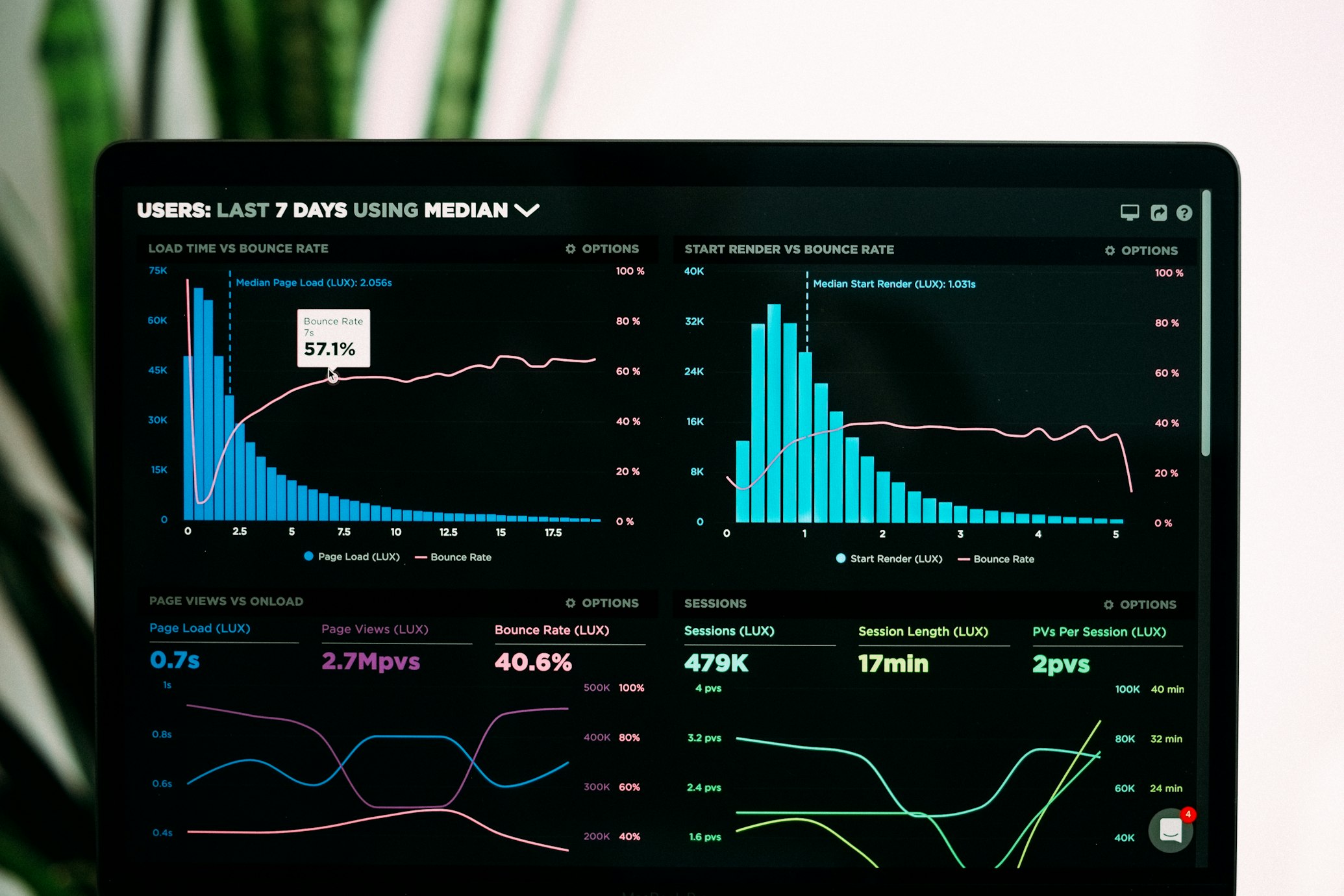Note-Taking Apps for 2025: A Comprehensive Guide
In 2025, the landscape of note-taking apps has evolved significantly, offering students a variety of tools to enhance their academic productivity. This guide explores some of the top note-taking applications, highlighting their unique features and how they compare to each other.
1. The Drive AI
Overview: The Drive AI is an innovative platform that leverages artificial intelligence to transform how students store, search, and interact with academic materials. It categorizes and manages files into accessible folders effortlessly, with an intelligent search feature that analyzes file contents for precise content retrieval. (thedrive.ai)
Key Features:
- AI-Powered Storage and Search: Efficiently stores and organizes various academic materials, including lecture notes, assignments, videos, and websites. Its intelligent search feature allows for precise content retrieval.
- Smart Editor: Enhances note-taking with features like file embedding, classmate mentions, and markdown formatting, supporting both collaborative projects and individual study sessions.
- Custom AI Personal Profiles and Group Chat Integration: Allows students to customize and share unique AI personas tailored to specific projects or file types. Built-in Slack-like channels facilitate seamless collaboration on group projects.
Pros:
- AI-driven features enhance productivity and organization.
- Supports collaborative work through integrated group chat.
- Intuitive design ensures ease of use.
Cons:
- May require a learning curve to fully utilize advanced features.
2. Obsidian
Overview: Obsidian is a locally stored note-taking application popular among personal knowledge management (PKM) enthusiasts. It offers a combination of advanced features and a user-friendly experience.
Key Features:
- Markdown Support: Utilizes Markdown for formatting, allowing for rich text notes.
- Linking and Graph View: Enables linking between notes and visualizing connections through a graph view.
- Plugin Ecosystem: Offers a wide range of plugins to extend functionality.
Pros:
- Highly customizable with a robust plugin ecosystem.
- Supports complex note-taking and knowledge management.
Cons:
- May be overwhelming for users seeking a simple note-taking solution.
3. Notion
Overview: Notion is a versatile workspace that combines note-taking, task management, and collaboration features. It's known for its flexibility and user-friendly interface.
Key Features:
- All-in-One Workspace: Combines notes, tasks, databases, and calendars in one platform.
- Templates and Customization: Offers a variety of templates and customization options to suit different workflows.
- Collaboration Tools: Facilitates real-time collaboration with team members.
Pros:
- Highly flexible and customizable.
- Supports collaboration and team projects.
Cons:
- Some users may find the abundance of features overwhelming.
4. Evernote
Overview: Evernote is a veteran in the note-taking space, offering a comprehensive set of features for organizing notes and documents. It's known for its robust search capabilities and cross-platform support.
Key Features:
- Cross-Platform Sync: Syncs notes across devices seamlessly.
- Web Clipper: Allows users to clip web pages directly into notes.
- Search Functionality: Offers powerful search capabilities, including searching within images and PDFs.
Pros:
- Robust search and organization features.
- Supports multimedia notes, including audio and images.
Cons:
- The free version has limitations on device sync and monthly uploads.
5. OneNote
Overview: OneNote is Microsoft's note-taking application, offering a digital notebook experience with rich formatting and collaboration features.
Key Features:
- Digital Notebook: Organizes notes into notebooks, sections, and pages.
- Collaboration: Supports real-time collaboration and sharing.
- Integration: Integrates with other Microsoft Office applications.
Pros:
- Free to use with extensive features.
- Strong integration with Microsoft Office suite.
Cons:
- The interface may feel cluttered to some users.
Conclusion
Choosing the right note-taking app depends on individual needs and preferences. The Drive AI stands out with its AI-powered features, smart editor, and collaborative tools, making it a top choice for students seeking an all-encompassing academic productivity platform. However, other apps like Obsidian, Notion, Evernote, and OneNote also offer unique features that may cater to different workflows and preferences. It's advisable to explore these options to determine which aligns best with your academic requirements.
Enjoyed this article?
Share it with your network



